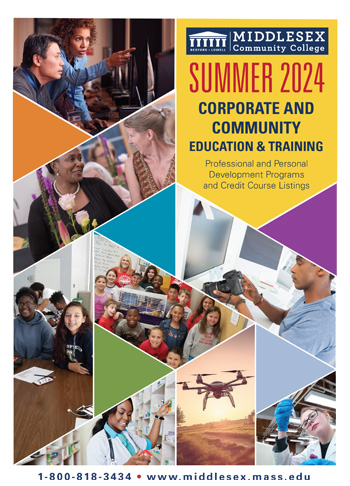Exemptions: When Authorization Is Not Required
Covered Individuals do not need to obtain prior written permission from the copyright owner to use copyrighted materials if use falls under one of the exemptions listed below. Additional guidance and resources are included in the appendices to this policy.
Fair Use Exemption
Copyright law does allow limited copying, distribution, and display of copyrighted works without the copyright owner’s permission for purposes such as criticism, comment, news reporting, teaching (including multiple uses for classroom use), scholarship and/or research under certain conditions known as “fair use.” Copyright law does not specify what qualifies as of “fair use” but rather provides four interrelated factors which must be considered every time a Covered Individual seeks to use copyrighted material to evaluate whether the use (e.g. copying, distribution) falls within the limited exemption of fair use. The four factors that must be considered on a case-by-case basis are as follows:
- The purpose and character of the use, including whether such use is of commercial nature or is for nonprofit educational purposes.
Nonprofit educational uses are more likely to be considered fair while commercial uses will likely be an infringement. Duplicating and distributing small portions of copyrighted materials for specific nonprofit educational purposes has been considered to be fair use.
- The nature of the copyrighted work.
For example, use of published non-fiction (e.g. encyclopedias) is more likely to be considered fair while use of unpublished fiction will likely be an infringement. Commercial audiovisual works and consumable workbook materials are less likely to be considered fair than use of many printed materials.
- The amount and importance of the portion of the copyrighted work used.
Use of extracts which are small relative to the whole work and which do not capture the “essence” of the work are more likely to be considered fair.
- The economic effect of the use on the copyright owner
If copying or distributing the work does not reduce sales of the work then the use is more likely to be considered fair.
Please note that not all educational uses will qualify as “fair use” and that the concept of “fair use” provides limited exemption and does not allow for the wholesale copying and distribution of copyrighted work for educational or any other purpose without permission. Moreover, when in doubt if use qualifies as “fair use,” permission from the copyright holder should be obtained.
Special Library Exemption
Copyright laws allow libraries to exercise special rights in addition to “fair use” such as archiving lost, stolen, damaged or deteriorating works, making copies for library patrons, and, in some cases, making copies for other libraries’ patrons (inter-library loan).
Special Classroom Exemption
Copyright laws allow faculty and instructors to use copyrighted materials in the classroom, including distance learning environments, without obtaining permission, for example, in performances of non-dramatic literary and musical works or displays of print materials over the internet as part of a class session in a distance learning course. This special classroom exemption only applies if:
- The display or performance is done by, at the direction of, or under the actual supervision of an instructor, as an integral part of a class session, an integral part of a class session as part of systematic mediated instructional activities and is directly related and of material assistance to the teaching content.
- Transmission is made solely for and reception limited to (as technologically feasible) students enrolled in the course, and technological measures are in place to limit access to enrolled students and reasonably prevent download and further distribution of materials.
- There is no interference with copyright holder's technological measures that prevent such retention and dissemination
The special classroom exemptions do not cover:
- Digital educational works - works produced or marketed primarily for performance/display as part of mediated instructional activities transmitted via digital networks
- Unlawful copies - copies which are known (or reasonably should have been known) to be unlawfully made or acquired)
Special Note
Please note that copyright law allows the conversion of print or analog material into digital formats if no digital version is available or an available digital version is protected by technological measures.
